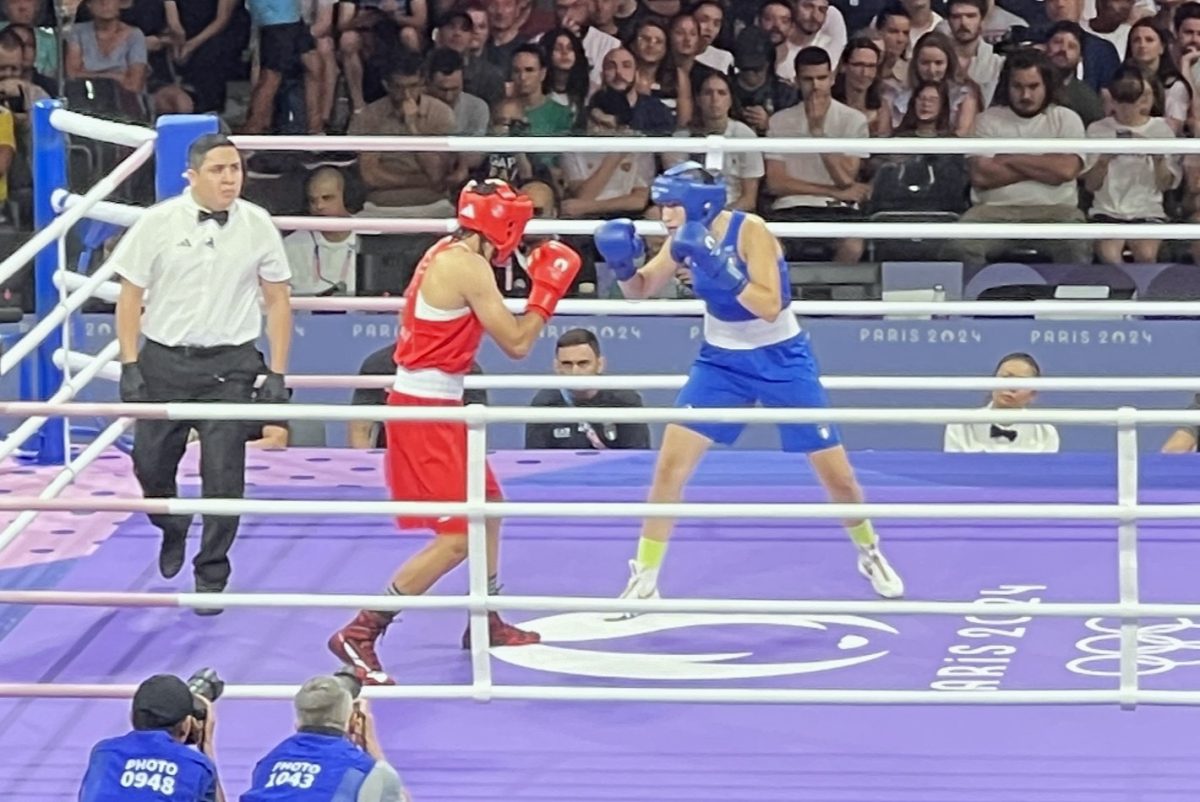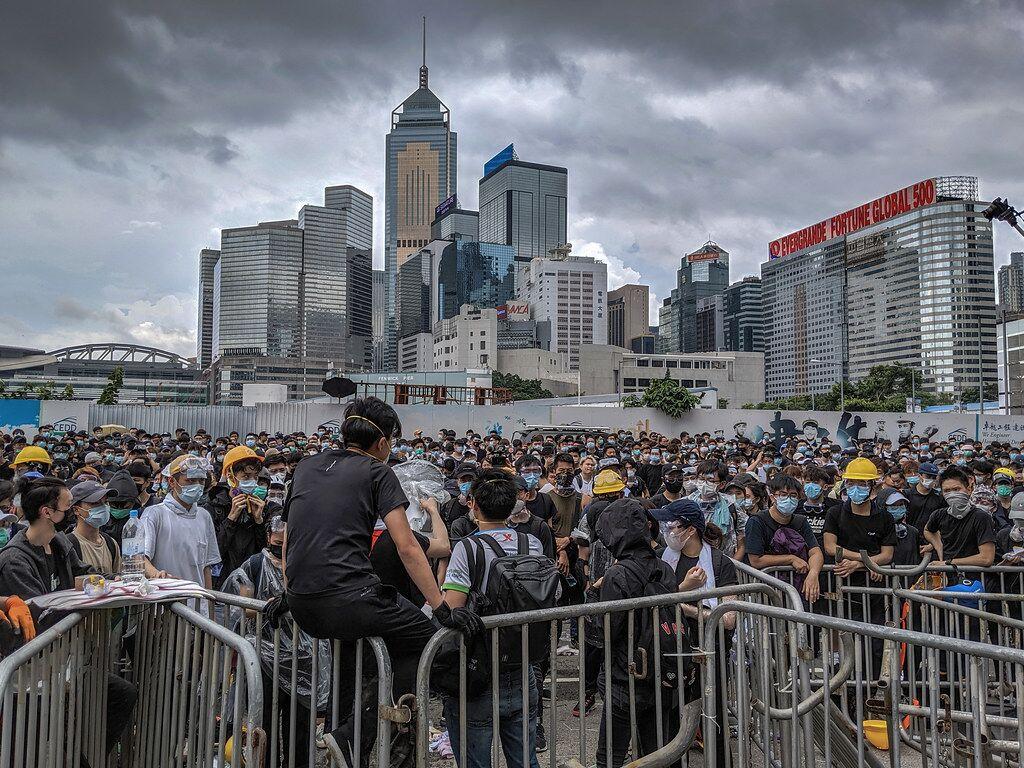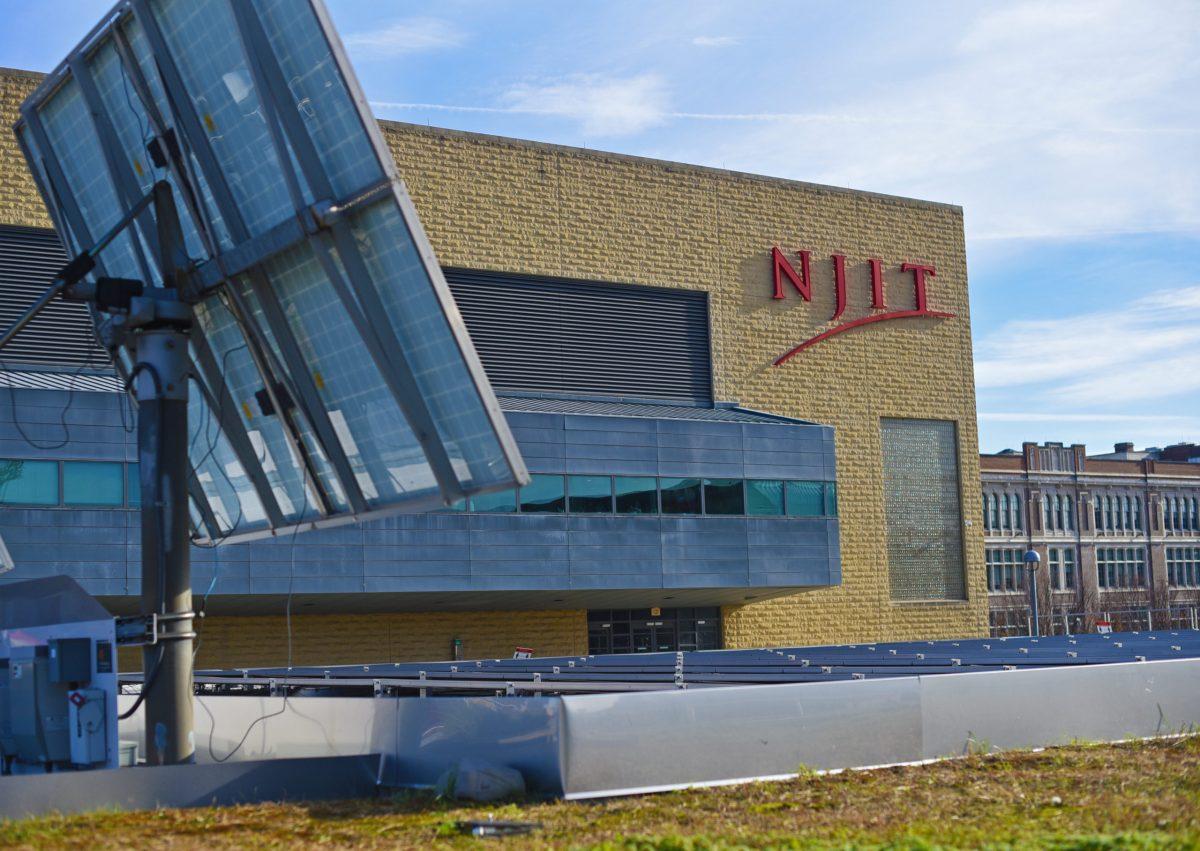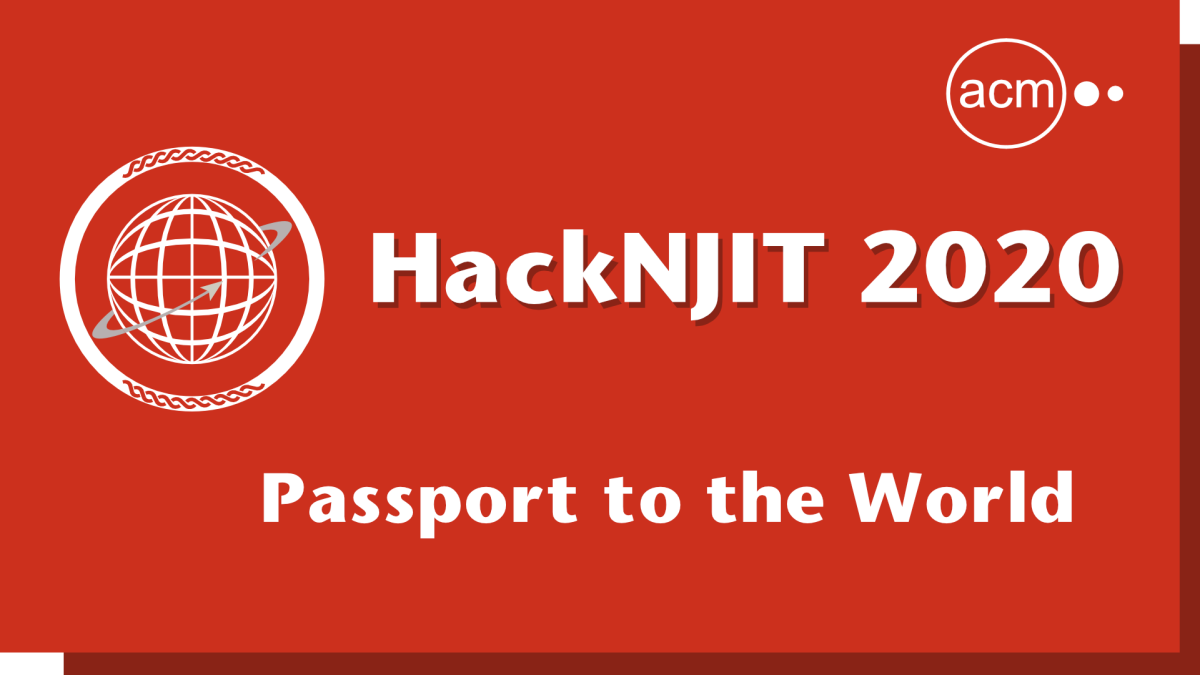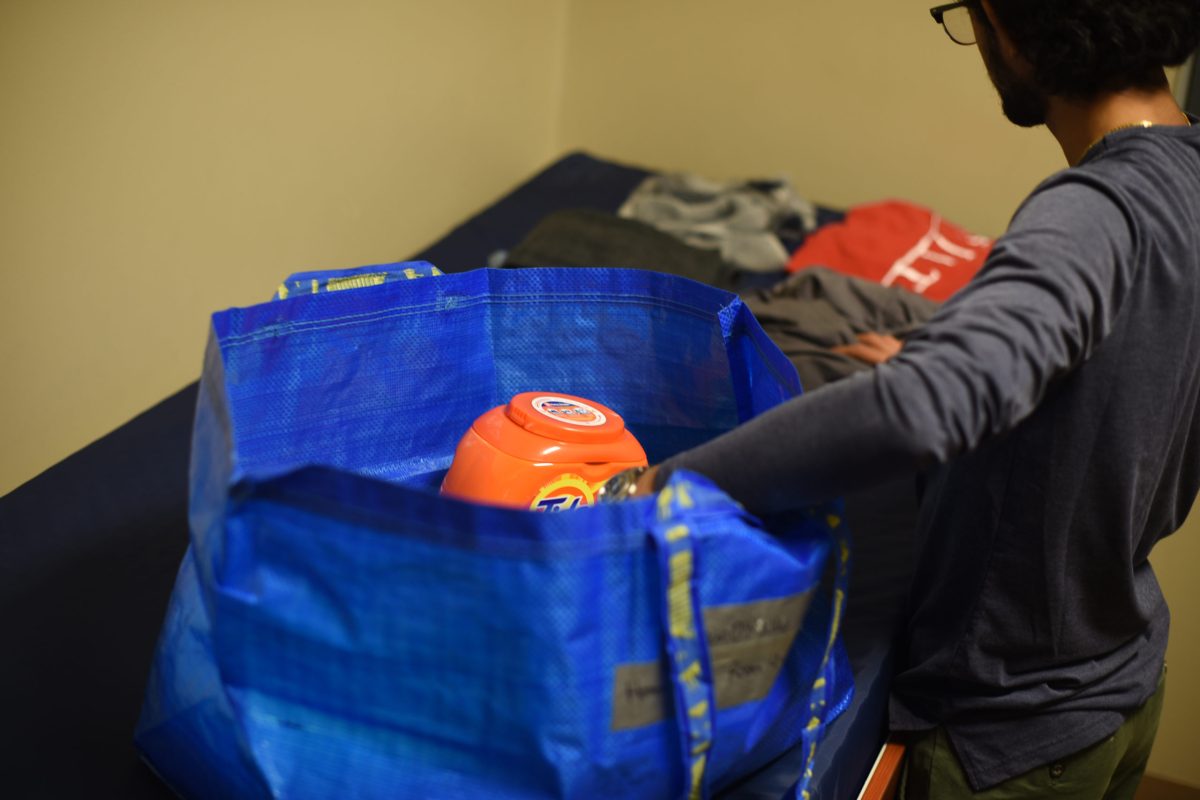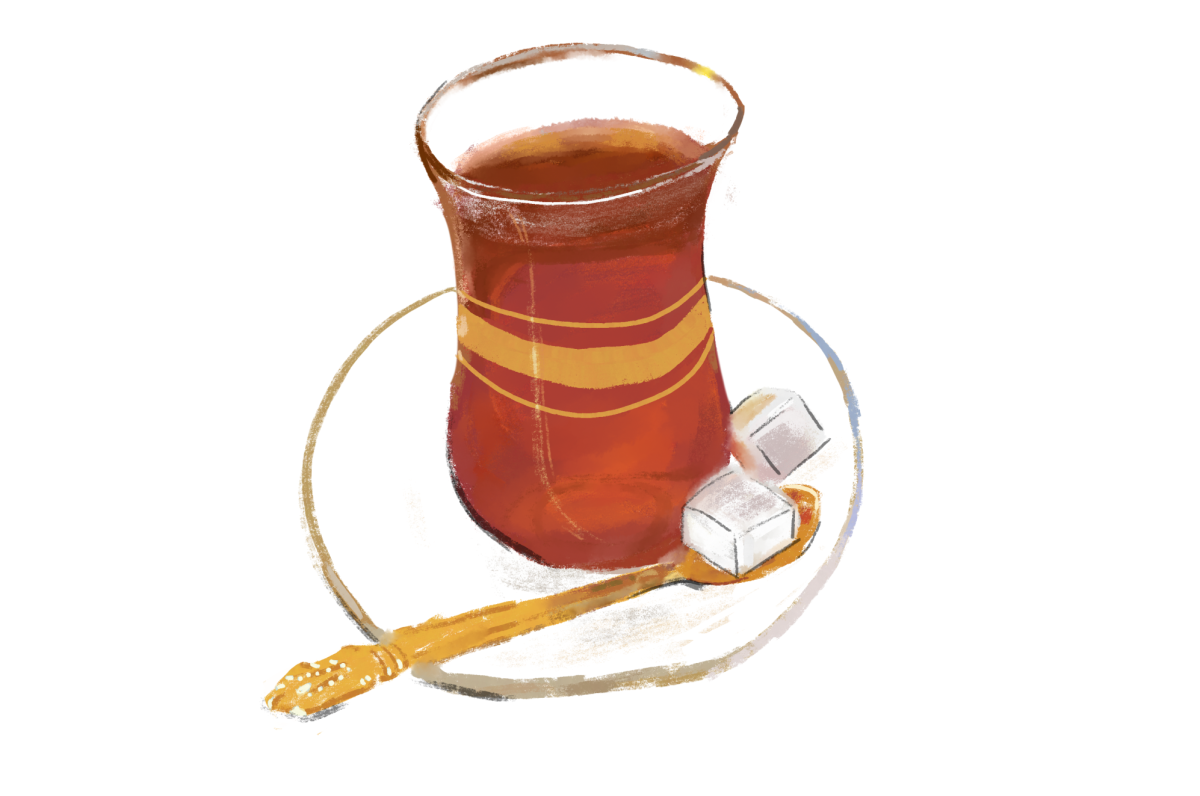When David Balcon began planning a study abroad trip in September of last year, Hong Kong was still a picture of stability. “We chose Hong Kong in the first place because… it’s just a hub in Asia where you can go to many other places like Macau,” said the Computer Science junior about how he made the decision.
A former British colony with trade freedoms, the largest trading port in Asia and a trusted legal system, Hong Kong was a Western oasis with easy access to the rest of the East. Though the 2014 Umbrella Revolution over pre-screening of electoral candidates hinted that all was not well, things quieted down after the presiding Chinese Communist Party (CCP) jailed the movement’s leaders. In 2018, The Hong Kong Polytechnic University, or PolyU, was a safe but exciting choice for David to study abroad.
However, in May an extradition bill was passed, allowing the Chinese government to extract suspects from Hong Kong for trial in the mainland. Hongkongers feared that the extradition bill was another authoritarian measure taken by the CCP to criminalize political dissent. Pro-democracy activists took to the streets, and as interactions with police became more violent and the Chinese government refused to cooperate, the movement snowballed into a fight for the city’s autonomy.
The protesters developed their now-famous Five Demands: 1) Withdrawal of the extradition bill, 2) independent inquiries into cases of police brutality during the protests, 3) retraction of the classification of protesters as “rioters,” 4) amnesty for all arrested protesters and 5) universal suffrage for the chief executive and legislature.
Still, David’s enthusiasm was unabated upon arrival in Hong Kong. “When I heard about the protests when I was landing, as bad as it sounds, I kind of viewed it with more of a tourist lens. I was, I was thinking, ‘Oh, I’m going to be on the cool side of history…’ I really just expected indifference in general, that things are either going to die down or this problem is just going to solve itself.”
In November, Balcon’s school made international news when clashes erupted as police advanced on protesters within PolyU with excessive force and violence. At the entrance to his school and just a fifteen minute walk away from his dorm, Balcon recalls watching hundreds of protesters construct rows of road barriers, effectively shutting down surrounding transportation systems and cancelling school for the rest of the semester. Students and protesters ransacked the school’s laboratories, vandalizing buildings and the campus by splashing chemicals, and leaving the campus virtually annihilated.
David recalled asymmetric aggression as violence escalated between student protesters and the police. Although the President of PolyU requested protesting students to leave the campus, David remembers watching as “a lot of them tried to evacuate, but the police attacked them anyway” with continuous rounds of tear gas.
When asked about his thoughts on the escalation of police violence, David said, “A lot of people are thinking, aren’t the police themselves Hongkongers? Like wouldn’t it be hard to engage in and retaliate against your own people, especially when you have your own families here? There are a lot of sadistic photos of police sincerely enjoying this. It’s just really off-putting to me… It seems to be widespread ‘police versus protesters’ and you don’t feel any remorse from the police whatsoever. It’s as if they’re not part of the people anymore.” The police’s unwarranted aggression appeared several other times, with random vandalism of peaceful Muslim mosques and attacks sweeping up foreign journalists.
In contrast, Balcon did not “feel endangered by protesters personally,” even when witnessing them bricking roads and starting fires while walking Hong Kong’s streets late at night. “It’s not mindless lynching. It’s a very direct anger at the police.”
Though the protestors’ intentional disruptions “caused a lot of collateral damage” to city infrastructure, “a lot of the stuff that was vandalized was targeted at places that support mainland China, like businesses. Not every building was vandalized. You’ll see a building here, a building there, and right in the middle, a vandalized building and it was the Chinese Bank of Hong Kong.”
Balcon noted that PolyU students unanimously supported the protests, and expressed this in projects in and out of school. These ranged from constructing pieces of art in order to highlight police brutality to organizing various peaceful protests over the semester. “There was another example where a lot of students were sitting down on the stairs of the central square [Hong Kong’s Times Square] folding cranes,” referring to the Japanese legend that those who fold a thousand origami cranes will be granted a miracle, making cranes a symbol of hope and peace.
Balcon explained why he believes the protests were student-run: “When you’re working, you risk losing that job if you’re participating in the protests because a lot of businesses are closely tied to China…. It’s less of a punishment to miss a couple of classes… I don’t know if it’s a result of being younger and therefore you can rally behind a purpose, but they are a lot more proactive.”
Early on, PolyU called upon protesters to leave school grounds, issuing a statement announcing that “the spiralling radical illicit activities will not only cause a tremendous safety threat on campus, but also class suspension over an indefinite period of time.” Despite these threats to education, students persisted.
The Hong Kong protests began and continue to remain leaderless, unlike causes such as the Civil Rights Movement, the American Revolution and the Communist Revolution. “When you have a leader and rally behind a cause, you have a voice to stand behind,” said Balcon. “But when the voice comes internally, it’s almost like the leader is everywhere, because the voice comes from inside and everyone’s pushing their own weight. You can’t kill the cause until you kill the people, because it’s really hard to suppress a thought inside of you. That’s why China can’t just arrest or assassinate one guy and say it’s all over – you have to suppress the general populous – you have to rule by fear – you have to rule by a mighty hammer – and that hammer has to be blunt.”
“All of these people speak from the same heart. It’s hard to be proactive in something when you’re just doing it for the sake of other people. In actuality, altruism is much harder than selfishness, but when this is kind of both, you have two things pushing you that you find dear – yourself, and other people.”
On Nov. 15, NJIT’s Global Initiatives Office made a call to Balcon and fellow NJIT study abroad students, offering a plane ticket back to the United States. When Balcon landed back in New Jersey, he recalled the feeling as “jarring, in a sense, because it was just so much quieter. All of a sudden I was just holed up in my room and I was like, wow, I was really across the world in the middle of a fray just a day ago… I suddenly realized why it’s so easy to talk about world problems one day and then talk about something else the next.”
For most of us, privileged with a fundamental faith in our government’s relative stability, passions for political discussion often remain just that – passions. As Balcon puts it, “It’s so easy for someone to say, fuck Hillary or fuck Trump. It’s also easy to just forget about them. You might be angry at Trump one day, but then you’re focused on your final for the next two weeks. You realize where your priorities stand.”
“I’m worried about this country in the hands of someone I don’t like, but I’m also more worried about myself right now,” Balcon continued. Like many of us, he is hunkering down to finish up any online exams or assignments he has left over from his classes. “I still have a project due December 21 for data mining!”
Balcon then offered the alternative. “Imagine if it was: my final two weeks down the line will not matter. In Hong Kong, it’s more of a fight for survival, for lifestyle, so it’s something much more close to home for them. It’s something we often forget… We take for granted how good we have it because as divided as our country is, I feel that division is a blessing. I welcome people who think differently from me. I don’t even know if I have it all right yet. No one man can have all the power to destroy everything, because we’re divided. It prevents us from running off a cliff. We stop each other. That division of power is so crucial. I think to lose that would be one of our greatest losses.”
Katherine Ji and Parth Agrawal collaborated on this piece.
Photo by Studio Incendo on flickr.com.














